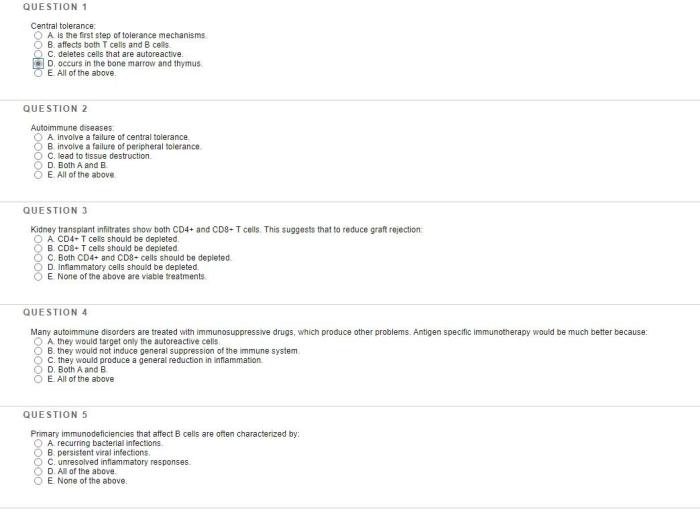Welcome to the APD Zero Tolerance Module 2 Answer Key, a comprehensive resource designed to provide a deeper understanding of the concepts, procedures, and best practices associated with implementing zero tolerance policies in law enforcement. This module explores the legal, ethical, and practical implications of zero tolerance, equipping readers with the knowledge and tools necessary to effectively address alcohol- and drug-related incidents.
Throughout this module, we will delve into the key concepts and definitions related to APD and zero tolerance, examining the legal framework and ethical considerations that guide these policies. We will also explore the procedures and protocols for implementing zero tolerance, including the steps involved in identifying, responding to, and enforcing zero tolerance violations.
Overview of APD Zero Tolerance Module 2: Apd Zero Tolerance Module 2 Answer Key

APD Zero Tolerance Module 2 provides comprehensive training on the implementation and enforcement of zero tolerance policies for alcohol and drug-related incidents. This module is designed for law enforcement officers, educators, and other professionals involved in preventing and responding to alcohol and drug problems.
The module covers the following topics:
- The purpose and scope of zero tolerance policies
- Key concepts and definitions related to APD and zero tolerance
- Procedures and protocols for implementing a zero tolerance policy
- Training and education for law enforcement officers and other professionals
- Best practices and case studies of successful zero tolerance programs
- The impact and evaluation of zero tolerance policies
Key Concepts and Definitions, Apd zero tolerance module 2 answer key
Alcohol- and drug-related incidents (APD)refer to any incident involving the use or possession of alcohol or drugs. This includes driving under the influence (DUI), public intoxication, and drug possession.
Zero toleranceis a policy that prohibits any amount of alcohol or drug use or possession. This policy is often implemented in schools, workplaces, and other settings where the safety and well-being of individuals is paramount.
The legal and ethical implications of zero tolerance policies are complex. On the one hand, these policies can be effective in deterring alcohol and drug use. On the other hand, they can also lead to unintended consequences, such as increased arrests and criminalization of individuals with substance use disorders.
Procedures and Protocols
Implementing a zero tolerance policy requires careful planning and implementation. The following steps are typically involved:
- Developing a clear and concise policy statement
- Communicating the policy to all employees, students, or other individuals affected by the policy
- Establishing procedures for identifying and responding to APD incidents
- Training staff on the policy and procedures
- Enforcing the policy consistently and fairly
Law enforcement and other agencies play a critical role in enforcing zero tolerance policies. They are responsible for investigating APD incidents, making arrests, and referring individuals to treatment or other services.
Training and Education
Training and education are essential for preventing APD and ensuring the effective implementation of zero tolerance policies. Law enforcement officers and other professionals should receive training on the following topics:
- The signs and symptoms of alcohol and drug use
- The legal and ethical implications of zero tolerance policies
- The procedures for identifying and responding to APD incidents
- The resources available to individuals with substance use disorders
Training programs can help to reduce APD incidents by increasing awareness of the risks of alcohol and drug use and by providing law enforcement officers and other professionals with the skills they need to identify and respond to APD incidents.
Commonly Asked Questions
What is the purpose of the APD Zero Tolerance Module 2?
The purpose of the APD Zero Tolerance Module 2 is to provide law enforcement officers and other professionals with a comprehensive understanding of the concepts, procedures, and best practices associated with implementing zero tolerance policies in law enforcement.
What are the key concepts and definitions covered in the module?
The module covers key terms related to APD and zero tolerance, including the definition of “zero tolerance” in the context of APD, and the legal and ethical implications of zero tolerance policies.
What are the procedures and protocols for implementing a zero tolerance policy?
The module describes the procedures and protocols for implementing a zero tolerance policy, including the steps involved in identifying and responding to APD incidents, and the role of law enforcement and other agencies in enforcing zero tolerance policies.


